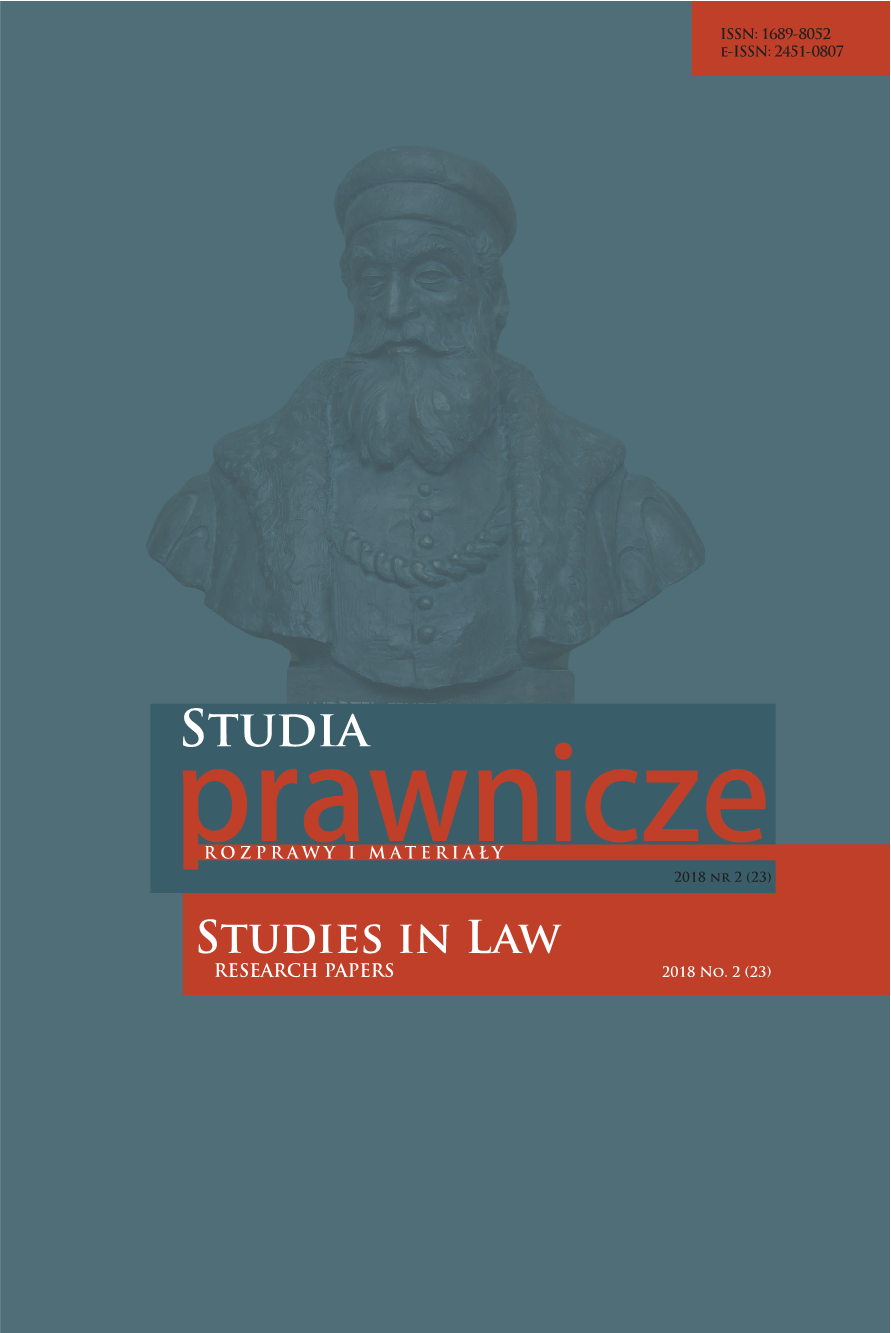Wola dziedzica a treść legatu w prawie rzymskim
Content of legacy and the heir’s will in Roman law
Author(s): Bartosz Szolc-NartowskiSubject(s): History of Law, Civil Law
Published by: Oficyna Wydawnicza AFM Uniwersytetu Andrzeja Frycza Modrzewskiego w Krakowie
Keywords: Roman law; wills; legacies; trusts;
Summary/Abstract: The debate held by ancient lawyers on the question of an heir's power to decide upon the extent of a performance under the legacy per damnationem is the subject of this paper. For example: the testator omitted to specify the amount of wine, olive or salt fish bequeathed under a legacy per damnationem. Does it make legacy invalid? – or maybe the heir has a power to decide on how much of these commodities are to be owned? Or perhaps the legatee is entitled to take all of the things left by testator? Should we rather upheld the will of the testator or bear the consequences of the testator’s failure to express his will in a clear and definitive manner? Could the legacy per damnationem rely on a measure of cooperation between the testator and heir? What is the role of typical Roman social value like fides as far as the estimation of validity of such legacies is concerned? And what are the legal instruments to qualify the performance of the heir as proper or not? Was fideicommissum, emerging institution of inheritance law, more elastic instrument for testators? The paper includes texts of Roman jurists from the classical period taken from the Digests of Justinian, giving some proposals of their interpretations.
Journal: Studia Prawnicze: rozprawy i materiały
- Issue Year: 23/2018
- Issue No: 2
- Page Range: 91-104
- Page Count: 14
- Language: Polish

